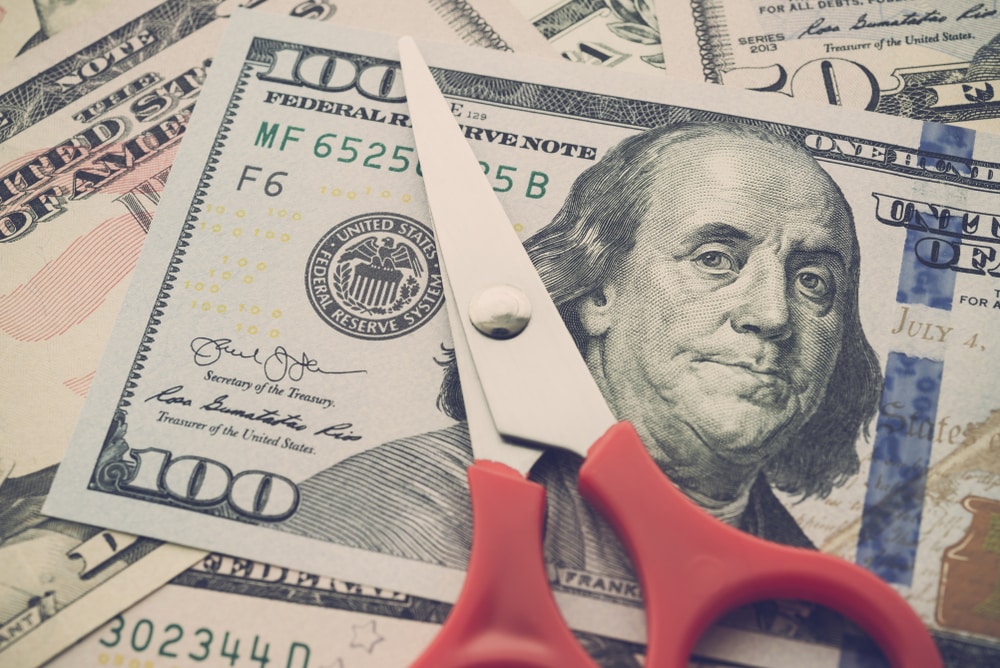
A new foreign exchange trading week has arrived – and while the coronavirus crisis is still continuing around the world, there are many scheduled economic calendar events to watch for.
Monday, there will be a meeting of the Eurogroup take place at some stage across the course of the day.
These events are attended by a range of leaders including the president of the Eurogroup, finance ministers from member states and more.
Those who are concerned about the economic health of China during the coronavirus crisis are likely to be watching releases from the country overnight.
Industrial production figures for February came out at 2am GMT.
Year on year, this was expected to show a very significant drop from 6.9% to 1.5% – but actually went as far as -13.5%.
Retail sales figures for February were also expected to go into significant decline and move from 8% to 0.8% – but eventually reached -20.5%.
The German Bundesbank is also scheduled to release its monthly report at some stage on Monday.
On Tuesday of this week, the Reserve Bank of Australia will release the minutes of its recent meeting.
This is due out at 12:30am GMT.
Unemployment figures are expected out of the UK at 9:30am GMT.
It is believed that the figures for the three months to January will not show any change from their previous position of 3.8%.
Retail sales information is expected out of the US at 12:30pm GMT.
At present, there is no indication as to whether this will change.
Japanese trade balance data is expected late on Tuesday.
This is due to come out at 11:50pm GMT.
Looking ahead to Wednesday, Europe will be in the spotlight at 10am GMT when consumer price index information for February is published.
Later in the day, Canadian consumer price index information for February will come out – with the year on year change expected to move from 1.8% to 1.7%.
The ongoing coronavirus crisis is expected to continue to cause havoc in the foreign exchange markets over the course of the week.
Many traders are concerned about the effect on the wider economy.
Many are also worried about what the consequences of what any central bank action might be.
Late on Sunday night, for example, it was revealed that the US Federal Reserve would cut interest rates in the US to zero.
According to the press, the Fed said that it believed that “the coronavirus outbreak has harmed communities and disrupted economic activity in many countries, including the United States”.
It added that it was “prepared to use its full range of tools to support the flow of credit to households and businesses and thereby promote its maximum employment and price stability goals”.
It also revealed that it would be launching a $700bn quantitative easing programme as a way of potentially reducing the economic effects of the crisis.
One member of the Fed’s decision-making committee, Loretta Mester – who serves as the president of the Cleveland Federal Reserve – voted against the change, although she was overruled.
 Between 74-89% of CFD traders lose
Between 74-89% of CFD traders lose  Your capital is at risk
Your capital is at risk  Your capital is at risk
Your capital is at risk  Your capital is at risk
Your capital is at risk